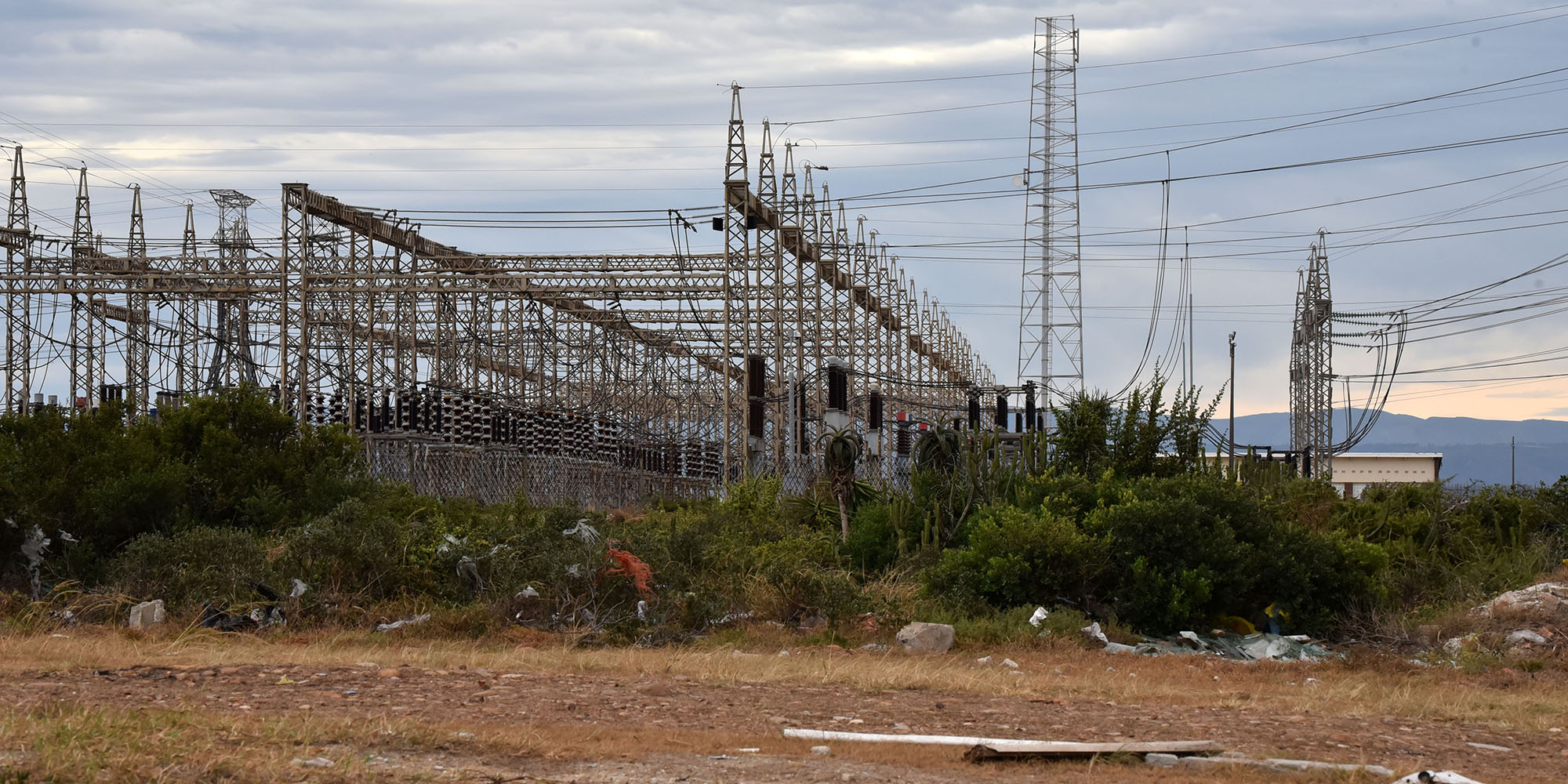“I am here to fight for jobs,” Autocast chief executive and board member of the Nelson Mandela Bay Business Chamber Dave Mertens said on Wednesday as he detailed the reasons organised business in the metro decided to oppose an application for an increase of 36.15% submitted by Eskom to the national energy regulator.
Mertens was speaking at Nersa’s public hearings to discuss the increase application by Eskom. Consumers also face additional increases in municipal tariffs that could see electricity prices rise by up to 44%.
Nelson Mandela Bay Business Chamber CEO Denise van Huyssteen said the proposal by Eskom is for electricity tariffs to increase in the 2025/26 financial year by 43.55% for municipalities, and follows two decades of much higher than inflation-related increases in electricity tariffs.
“The Chamber is opposing this increase, which is looking for around R300-billion income through the imposition of electricity tariffs at an above inflation rate for the next three years. Transferring these costs
to businesses and consumers is simply unsustainable,” she said.
“This application makes electricity unaffordable for most,” Mertens said.
He said they disagree with Eskom’s stance that their electricity prices are globally competitive.
“By next year, Eskom’s direct tariffs will provide no global competitive advantage,” he said. “The municipal tariffs will be among the most expensive in the world.”
“It will fundamentally compromise South Africa’s re-industrialisation,” he said.
Mertens said the application is done in an environment where municipalities defaulting on their payment to Eskom is not being dealt with by either the entity or government.
“But the costs are passed on to the consumer,” he said.
Municipal debt to Eskom remains unaddressed
“Many municipalities are unsustainable and out of control,” Mertens said. “They are failing electricity users through poor quality of supply and unlawful tariffs. The municipal debt to Eskom has escalated to a point where Eskom is compromised,” he added.
Mertens said Treasury is also “rewarding municipal failure” by forcing Eskom to accept debt relief plans for the municipalities that are now failing.
He said by his calculations this debt will spiral to R187-billion by 2028 unless drastic measures are taken.
Referring to the Nelson Mandela Bay municipality specifically, Mertens said the quality of supply is shocking. “Unplanned outages are out of control.”
He said the municipal electricity department has suffered a loss of R1.3-billion, and illegal connections and meter tampering are not being dealt with.
“The Nelson Mandela Bay municipality will eventually also fail in its obligation to Eskom,” he said.
The Business Chamber contends that it has been complaining about the quality of electricity supply provided by the Nelson Mandela Bay metro, but Nersa has done nothing.
“It is challenging to retain or attract investment in an environment that is not enabling,” he said.
“The government must fix or revoke failing electricity distribution licences,” he said.
Mertens said that the consumers are also now required to pay for the delays to bring the Kusile and Medupi power stations on line.
“The 9,600 megawatt project was delivered five to 10 years late. The capital cost for the project was overspent by R200-billion … Eskom’s current debt position is caused by the failure of Kusile and Medupi,” he added.
Mertens added that Eskom’s own operational assumptions in their increase application was for “below acceptable performance”.
“Their applications exclude right-sizing,” Mertens added. He explained that Eskom’s generation output has shrunk by 35%, but costs keep going up including the cost per employee. He added that the cost of coal has increased by 90% between 2023 and 2028 (as per Eskom’s projected costs), even though coal usage is expected to reduce by 25% over this period.
Mertens further said that subsidies paid to smelters and preferential international costs should be questioned.
“Our economy is anchored by manufacturing,” Mertens said. “The application [by Eskom] completely ignores the position of labour intensive manufacturing, especially in the municipal areas,” he added.
Mertens also stressed that high-energy users like the manufacturing industry in Nelson Mandela Bay cannot solely rely on renewable energy sources due to the large amounts of electricity that they need.
Eskom chief financial officer Calib Cassim acknowledged that they are owed R90-billion by municipalities. “No business can survive if they are owed that,” he said.
‘Disastrous’ impact for the working class
In its presentation opposing the electricity tariff increases, the National Union of Metalworkers of South Africa (Numsa) said it rejected the application, citing a “disastrous impact on working class communities”.
Speaking at the hearing, Xolani Ntsibile, an Eastern Cape organiser for Numsa, highlighted the impact on working class communities, which would include retrenchments, lay-offs, short time, worsening unemployment and de-industrialisation.
He further highlighted job losses in the Eastern Cape due to expensive electricity, including at some of the big motoring manufacturers and the introduction of short time at others. He said the full impact on the supply chain runs into thousands of jobs lost.
The union added in its submission to Nersa that Eskom can significantly reduce the increase they apply for, if they use their open-cycle gas turbines more efficiently, and reserve these for peak hour and emergencies.
“If you look at the statistics in the Eastern Cape we have a 41% unemployment rate. If you zoom into the metro, in Nelson Mandela Bay we have 24% unemployment. Buffalo City is at 36%. We mention this because it is where the hubs of manufacturing in this province are. Youth unemployment is at 45.5%. There are youth-headed households everywhere in this province,” Ntsibile said, adding that the current tariffs are unaffordable.
The hearings now move to the Northern Cape. DM





